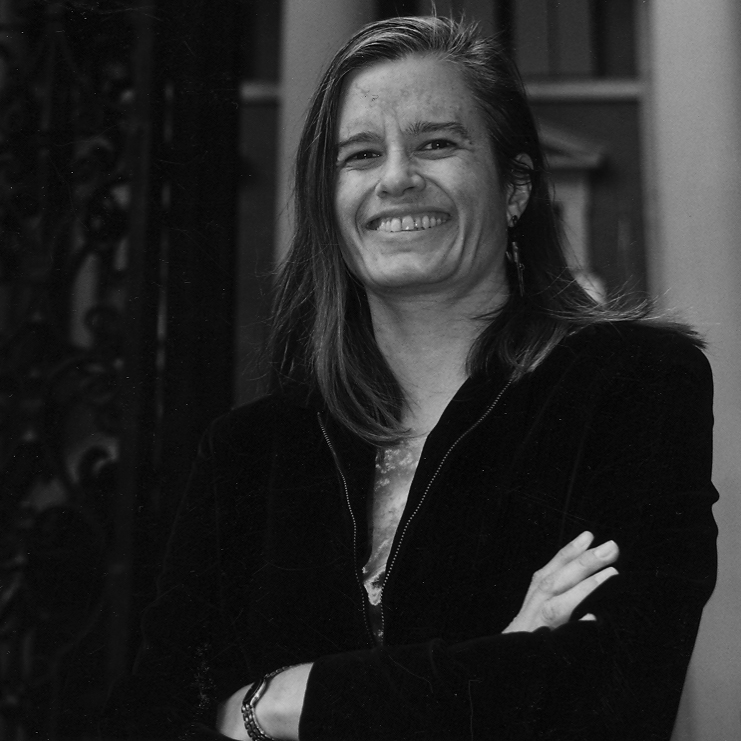Sex and Secularism
220 Stephens Hall
Janet Jakobsen, Professor of Women's, Gender and Sexuality Studies, Barnard College
Why is sex so central a part of culture and politics in the United States? The most common answer to this question is “Because religion”: the religious heritage of the United States has produced a particular form of Christian sexual conservatism that is enforced through sexual regulation in law and cultural debates that in the last several decades have become “culture wars” (most recently embodied as a “war on women” in the 2010 midterm elections). My current book project “Why Sex?” argues that, to the contrary, secular freedom has as great a role in the sexual obsessions of the U.S. public sphere as does religious regulation.
“Sex and Secularism” looks specifically at the period of the 1970s, a moment in which many aspects of this story come together. The movements for women’s and sexual liberation in the United States reach their peak in the 1970s, while a number of political battles, including the Briggs Initiative in California and the formation of the Moral Majority, mark the first flourishes of “The New Christian Right.” Furthermore, the economic and political framework of U.S. and global policy moves in this decade from political liberalism to neoliberalism. The co-incidence of mass political movements focused on women and sexuality, on the one hand, and the rise of neoliberalism, on the other, is usually explained in David Harvey’s structural functionalist terms (1997, 2007), in which religion enforces moral standards and conserves tradition in newly flexible and uncertain economic times.
My concern is to tell a more complete story of the 1970s. No singular social relation – whether religion, gender, class, race, economics, politics or trade – can serve as the key to the decade and its ramifications on those that followed. Instead, I propose a relational analysis that uses a queer understanding of religion to reconfigure not just our understanding of the religion-secular relation, but also the interacting relations that make the 1970s foundational for contemporary social formations. (Jakobsen)
Janet R. Jakobsen is Ann Whitney Olin Professor of Women’s Gender and Sexuality Studies and Director of the Center for Research on Women at Barnard College. She studies ethics and public policy with a particular focus on social movements related to religion, gender and sexuality. She teaches courses on social ethics, feminist theory, queer theory, activism, religion and violence. She is the author of Working Alliances and the Politics of Difference: Diversity and Feminist Ethics. With Ann Pellegrini she co-wrote Love the Sin: Sexual Regulation and the Limits of Religious Tolerance and co-edited Secularisms, and with Elizabeth Castelli she co-edited Interventions: Academics and Activists Respond to Violence. Before entering the academy, she was a policy analyst and organizer in Washington, D.C.
Co-presented by the Department of Gender and Women’s Studies and the Center for the Study of Sexual Culture.
Introduction: Saba Mahmood, Professor of Anthropology, UC Berkeley.

